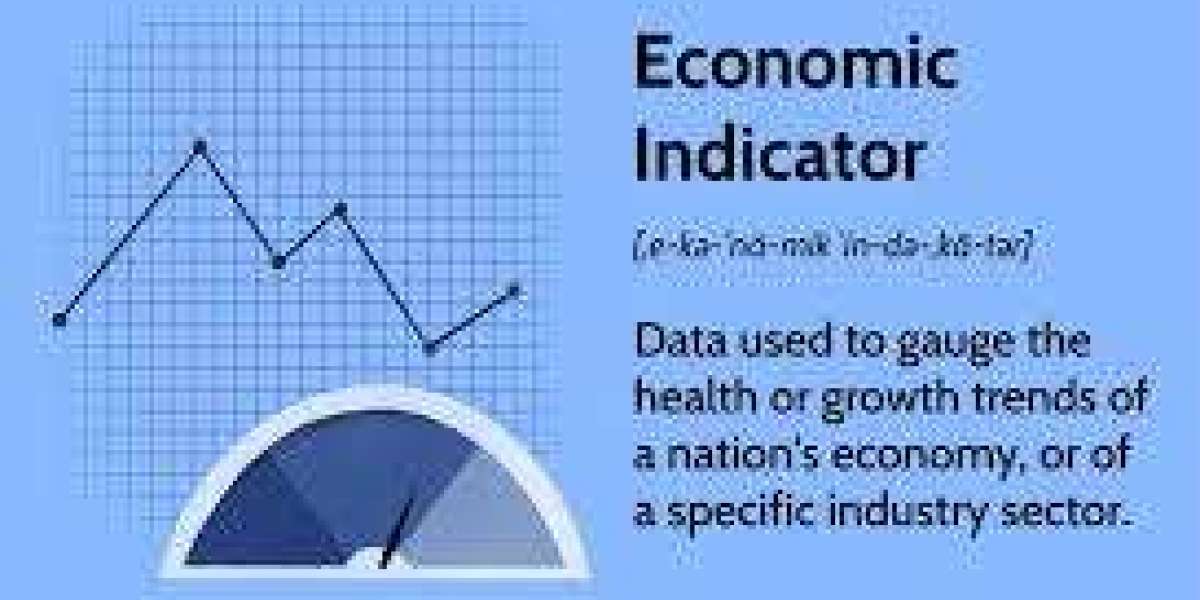Understanding the dynamics of global markets is essential for investors, businesses, and policymakers alike. Global market trends offer valuable insights into economic conditions, emerging sectors, and the impact of geopolitical events. This article explores the current state of global markets through key economic indicators, highlights emerging markets and sectors worth monitoring, and examines how geopolitical factors shape market trends.
Overview of Current Economic Indicators
The foundation of any analysis of global market trends lies in key economic indicators. These indicators include gross domestic product (GDP), unemployment rates, inflation, and consumer confidence. A robust GDP often signifies economic health and growth potential, while rising unemployment can indicate underlying economic challenges. Inflation, when controlled, can suggest a growing economy, but excessive inflation can erode purchasing power and dampen consumer spending.
Consumer confidence plays a crucial role in shaping market dynamics. When consumers feel optimistic about their financial future, they are more likely to spend, driving demand across sectors. Conversely, low consumer confidence can lead to reduced spending, impacting businesses and overall economic growth. Businesses and investors should closely monitor these indicators, as they provide a clear picture of the economic landscape and inform strategic decision-making.
Emerging Markets and Sectors to Watch
As global market trends evolve, certain emerging markets and sectors present exciting opportunities. Countries with growing populations and advancing economies often become focal points for investment. These emerging markets may offer higher growth potential compared to established economies, attracting both domestic and foreign investments.
Additionally, specific sectors are gaining traction due to changing consumer preferences and technological advancements. For instance, the renewable energy sector is experiencing significant growth as the world shifts toward sustainable practices. Investments in clean energy technologies, such as solar and wind power, reflect a broader trend of environmental awareness and regulatory support for green initiatives.
Healthcare is another sector to watch, driven by an aging population and advances in medical technology. The demand for healthcare services and innovative treatments continues to rise, making this sector an attractive option for investors. Similarly, technology-related sectors, particularly those focusing on artificial intelligence and automation, are becoming increasingly relevant as businesses seek efficiency and innovation in their operations.
Impact of Geopolitical Events on Market Trends
Geopolitical events can significantly influence global market trends. Political stability, international relations, and trade agreements all play pivotal roles in shaping market conditions. For instance, tensions between countries can lead to uncertainty, affecting investor confidence and market performance. Trade policies, tariffs, and sanctions can disrupt supply chains and impact the flow of goods and services across borders.
Investors and businesses must remain vigilant regarding geopolitical developments. Understanding the potential ramifications of political events can help mitigate risks and identify opportunities. For example, a shift toward more open trade policies in a region may enhance market access for businesses, while political instability could deter investment.
Moreover, companies operating in multiple countries should have contingency plans in place to navigate changing geopolitical landscapes. By staying informed and adaptable, businesses can better position themselves to capitalize on favorable conditions and minimize disruptions.
Conclusion
In summary, comprehending global market trends requires a multifaceted approach that incorporates economic indicators, emerging markets and sectors, and the impact of geopolitical events. By analyzing these elements, investors and businesses can make informed decisions and develop strategies that align with their goals. Staying attuned to these trends not only aids in navigating the complexities of global markets but also reveals potential opportunities for growth and success. For a deeper dive into the nuances of global market trends and to enhance your understanding, consider exploring additional resources and analyses available online.







